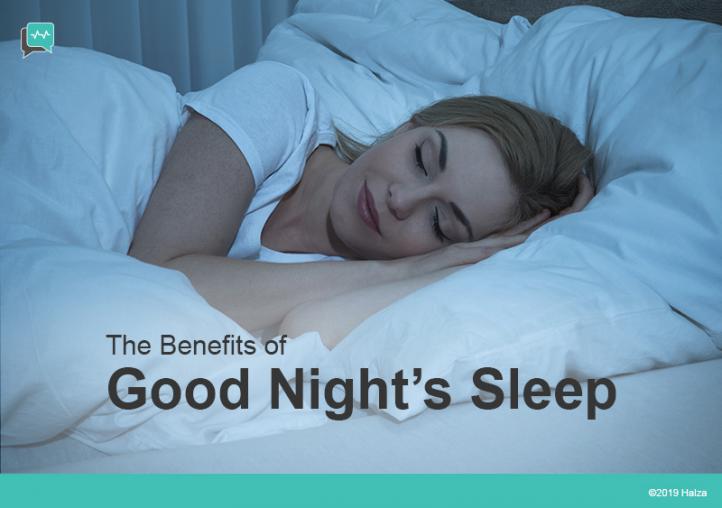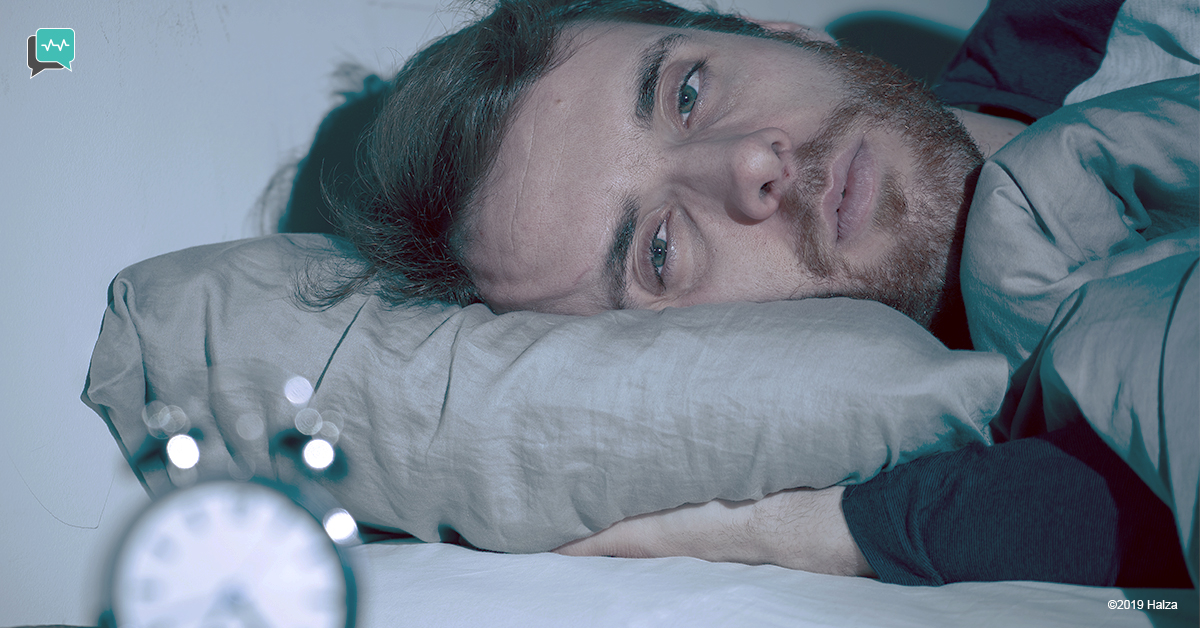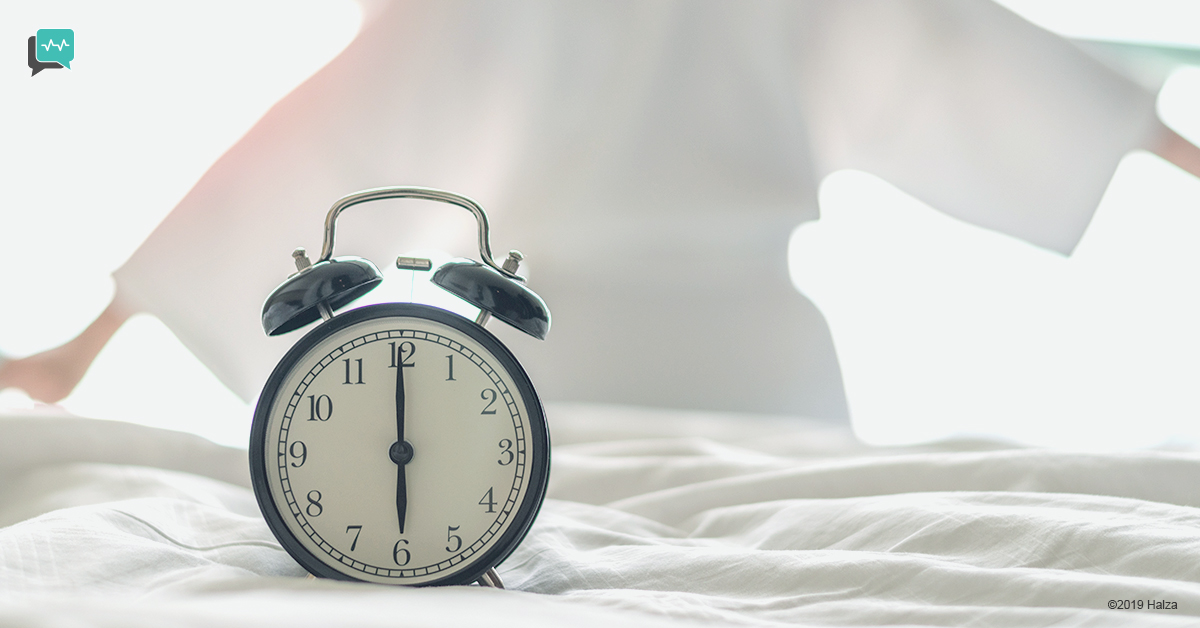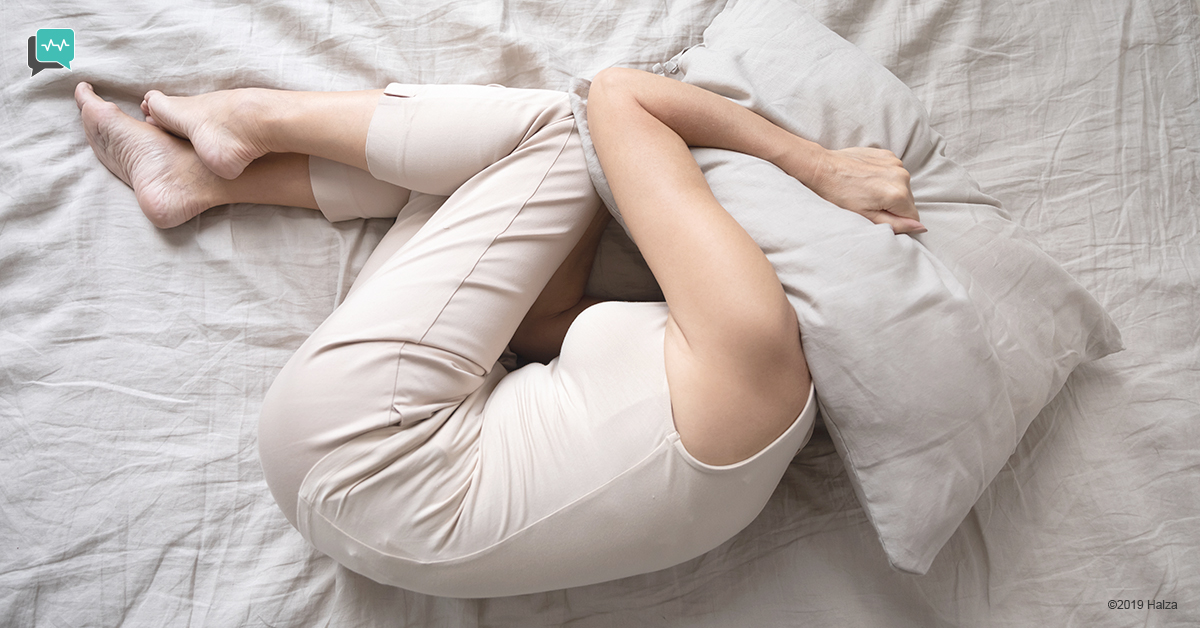The Benefits of a Good Night’s Sleep

Apart from water, healthy eating and exercise, many forget that there is one other important factor that is vital for a body to perform at its best. Without proper sleep, less than seven hours a night, the body will experience adverse side effects that could be detrimental to its well-being.
According to the World Health Organization, two-thirds of adults in industrialized nations fail to get proper nightly sleep.
In fact, humans are the only species that deliberately deprive themselves of rest without any particular gain. Scientists are now beginning to conduct research about sleep and have found that there is not one major organ within the body or process in the brain that is not helped by proper rest.
How does insufficient sleep affect your health?
Loss of sleep can be a key lifestyle factor that could determine whether or not you will develop Alzheimer’s disease.
Moderate reductions in your sleep even for just one week can disrupt metabolism and blood sugar levels so profoundly that you could be classified as pre-diabetic. It can increase the likelihood of coronary arteries becoming blocked, setting you on the path toward cardiovascular disease, and stroke.
On top of this, all major psychiatric conditions including depression, anxiety, and suicidality are influenced by sleep disruption. It is no wonder that countries, where sleep time has declined, are also showing the largest increases in these types of illnesses.
What are the two main factors that determine when you want to sleep and to be awake?
Every living being generates a natural cycle of rest.
Called the circadian rhythm, it is your internal 24-hour clock deep inside your brain that makes you tired or awake at certain times of the day. It also determines times for hunger and thirst, your moods, the amount of urine that you produce, your core body temperature, your metabolic rate and the release of many of your hormones.
The circadian rhythm is not tied to the sun but the brain can use light as well as food, exercise, temperature fluctuations even social interaction to reset this biological clock.
The second factor that influences sleep is sleep pressure. Adenosine is a chemical that is found in the brain that builds up every minute that you are awake. It is Adenosine that increases your desire for sleep.
These two distinct, separate forces are usually aligned with one another. The circadian rhythm increases activity before you awake- giving an energy signal to the body, peaking in the afternoon for most adults.
Adenosine levels are depleted in the brain with sleep- giving you a feeling after a good night’s rest of being wide awake in the morning. In the evening, the opposite occurs; high levels of adenosine and low energy signals from the circadian rhythm, creating the feeling of tiredness.
Are you getting enough sleep?
- Do you wake up in the morning but want to fall back to sleep a few hours later?
- If you did not set an alarm clock, would you sleep past the set time?
- Do you often have to reread a sentence on your computer screen?
- Do you have to take caffeine to function normally before lunchtime?
If you answer yes to these questions, you could have some sort of sleep disorder.
What is insomnia?
The most common form of sleep disorder is called insomnia.
A person has insomnia when they are suffering from an inadequate ability to sleep even though they allow themselves the opportunity to sleep. Chronic insomnia is very common and it seems to be more prevalent in women.
The two most common triggers are psychologically based and come from stress: emotional concerns or worry and emotional distress or anxiety.
Could blue light be harmful to you?
Blue light from the sun is important in regulating your sleeping and waking cycles, also known as circadian rhythms. Electronic devices and energy-saving lights provide artificial sources of blue light.
But too much blue light is harmful to your health.
Exposure to blue light at night alters the body’s biological clock. This prevents melatonin production, which is a hormone that helps you sleep. Having a prolonged lack of sleep may increase your risk of breast cancer, prostate cancer, diabetes, heart disease, obesity, and depression.
Related reading:
- Men get breast cancer too – here are 6 facts you should know
- Why should you get at least 30 minutes of exercise every day?
- Did you know you can be depressed and not feel sad? Learn more here.
How to overcome your lack of sleep?

While alcohol and medications can help to ease the problems related to insomnia for a short period, our bodies need more than just a temporary shield from such negative effects. Instead, you would serve your body better when you adhere to these eight simple guidelines:
- Using dim red lights at night as they have the least effect on your circadian rhythm.
- Do not use any electronic devices two to three hours before bedtime.
- At night, wear blue-blocking glasses or use blue/green wavelength filters on your devices.
- Walk around outside during the day as daylight ensures good sleep at night.
How Halza helps
Getting an adequate amount of sleep does wonders for your overall health. Make sure you get the rest you need with the Halza app. Whether it’s setting Reminders for bedtime or improving sleep hygiene and preventing insomnia, do it all with Halza.
Ask your friends and family to hold you accountable for better sleep habits through the Emoji Blast®, where you can communicate privately about any health-related matters. And make use of the 500+ emojis to really convey how you feel!
Download the Halza app today!

Sources: Guardian – Harvard – Healthline – Livescience


